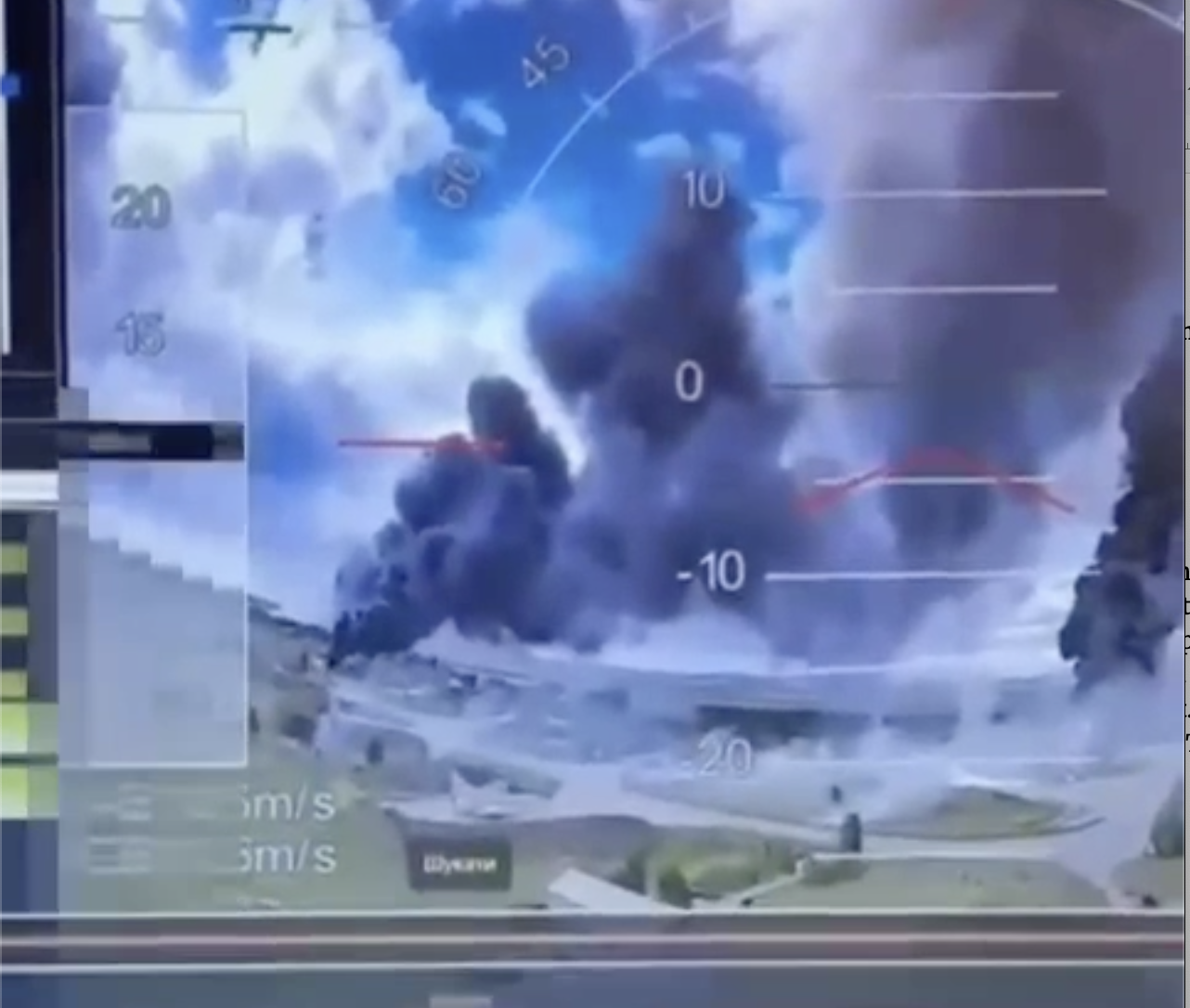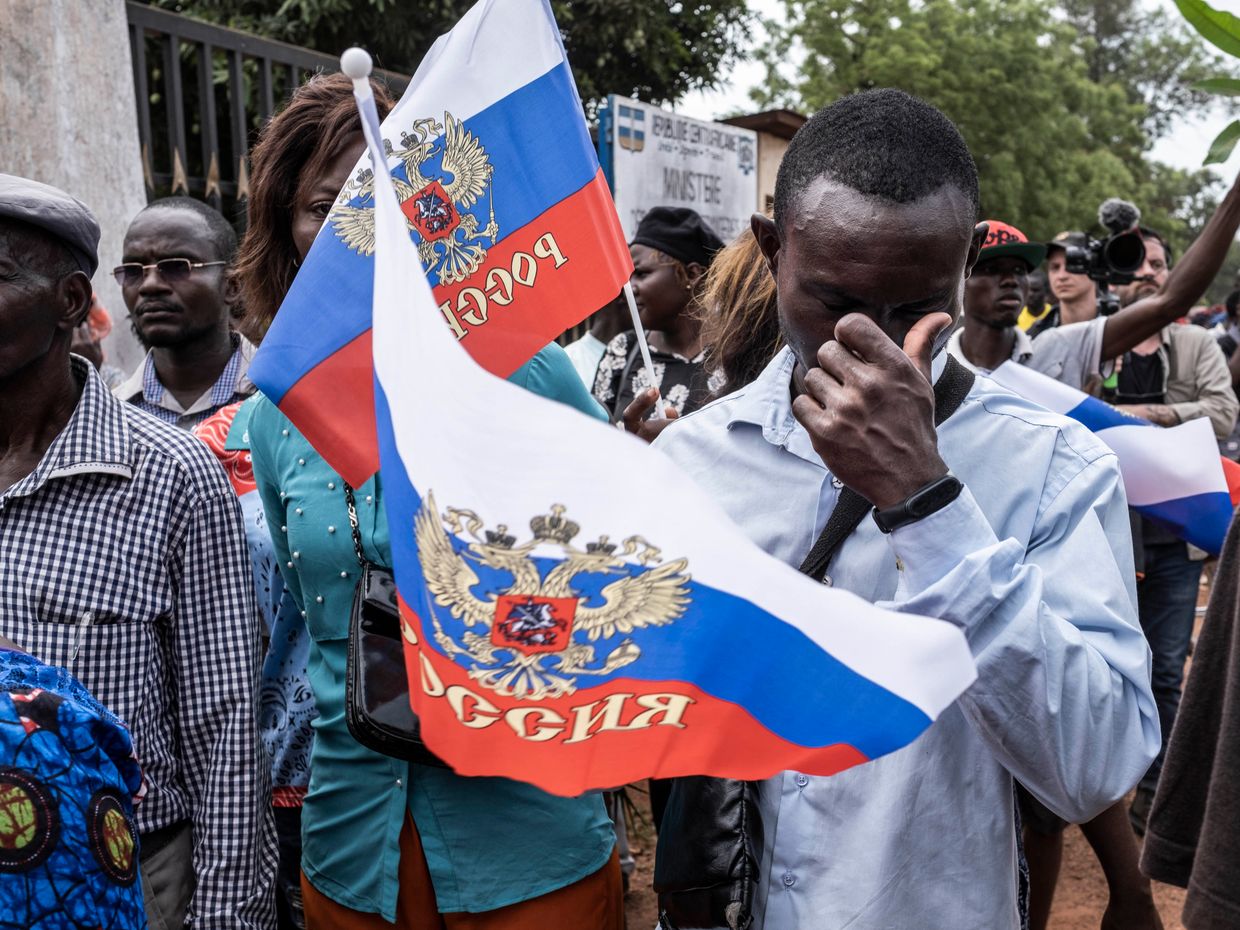Editor's note: This story was updated to include new details on the medical repatriation of Russian POWs, citing commentary from Ukraine's I Want to Live project.
Ukraine has recovered the bodies of 1,200 fallen citizens, including military personnel, in the latest round of repatriation efforts coordinated with Russia under agreements reached during talks in Istanbul, Ukrainian officials said on June 14.
This latest repatriation follows the return of 2,412 bodies earlier on June 13 and June 11, reflecting an intensification of efforts after the June 2 Istanbul talks between the two sides.
The Coordination Headquarters for Prisoners of War said the bodies, which Russian authorities claim belong to Ukrainian nationals, were returned as part of an ongoing phased exchange process.
"The remains will now undergo forensic examination and identification procedures conducted by law enforcement investigators in cooperation with expert institutions under the Interior Ministry," the Coordination Headquarters said in a statement.
The repatriation operation was coordinated by the Coordination Headquarters for the Treatment of Prisoners of War (POWs) alongside the Security Service of Ukraine (SBU), the Ombudsman’s Office, the Armed Forces, the Interior Ministry, and other government and defense bodies. The International Committee of the Red Cross also provided assistance during the process.
In addition to repatriating bodies, Ukraine has begun implementing what officials described as the first stage of a "permanent humanitarian medical exchange" with Russia, also agreed to in Istanbul.
Under this arrangement, Ukraine has transferred wounded Russian POWs directly from the front lines, according to "I Want to Live," a government-run project that facilitates voluntary surrender by Russian and Belarusian soldiers.
"As part of this exchange, the Russian side received wounded prisoners of war directly from the front line," the project said in a statement.
At the Istanbul meeting on June 2, Ukrainian and Russian delegations agreed on a new prisoner exchange but failed to secure a ceasefire agreement. The previous talks on May 16 led to the largest prisoner swap of the war in late May, when approximately 1,000 captives were exchanged on each side. Since then, exchanges have continued, focusing especially on severely wounded and ill soldiers.
Ukraine has long pushed for an "all-for-all"prisoner exchange to bring home all Ukrainian captives, but Moscow has resisted such a comprehensive deal.
It is not immediately clear whether Ukraine released the bodies of Russian soldiers in return during this latest exchange. During the previous swap on June 11, Moscow announced it had repatriated the bodies of 27 Russian service members.














